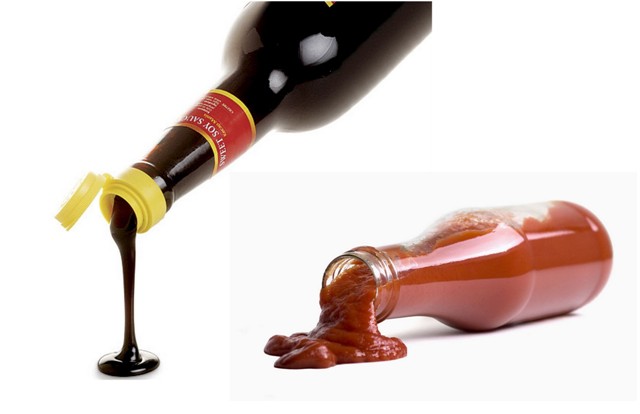TIME, a US-based publication has in their article titled ‘The True Histories Behind America’s Most Original Food’ has claimed that ketchup, the all time favourite American condiment, is actually Hokkien.
The publication said about the condiment (link: http://ti.me/29tLH2q):
“The average American consumes more than a pound of ketchup per week—a pound!—slathering it on hamburgers, French fries, hot dogs and eggs. Its name comes from the Hokkien Chinese word kê-tsiap, and the puree of tomatoes, peppers, onions, vinegar and spices started as a fermented-soybean-based fish sauce. Dutch and English sailors brought it home in the 17th century, but at the time no one grew soybeans in Europe. Cooks seeking to re-create it tried mixing in oysters, anchovies, elderberries and walnuts.”
According to Dan Jurafsky, a Stanford University professor who blogs at “The Language of Food“, ketchup has its roots in eastern Fujian province as a fish sauce.
“This fish sauce in the Southern Min (southern Fujian) dialect in the 18th century was called something like ‘ke-tchup’, ‘ge-tchup’, or ‘kue-chiap’, depending on the dialect,” Jurafsky said.
“Those of you who speak Southern Min or Cantonese dialects will recognize the last syllable of the (American pronunciation of the word), chiap or tchup, as the word for ‘sauce’ – pronounced zhi in Mandarin,” he added.
Citing a 1982 Mandarin-to-Southern-Min dictionary, he claims that the first syllable of the written Chinese name for ketchup is an archaic word pronounced gue in spoken Southern Min, meaning a preserved fish. So ketchup is an “archaic word for fish sauce” in the Hokkien dialect of Southern Min Chinese, Jurafsky concluded.
Jurafsky further said that early English recipes show that the original ketchup was indeed fish sauce, and that since Hokkien wasn’t romanised, westerners spelled it in different ways using the English Alphabet – as catsup, kechup, and even katchup.

